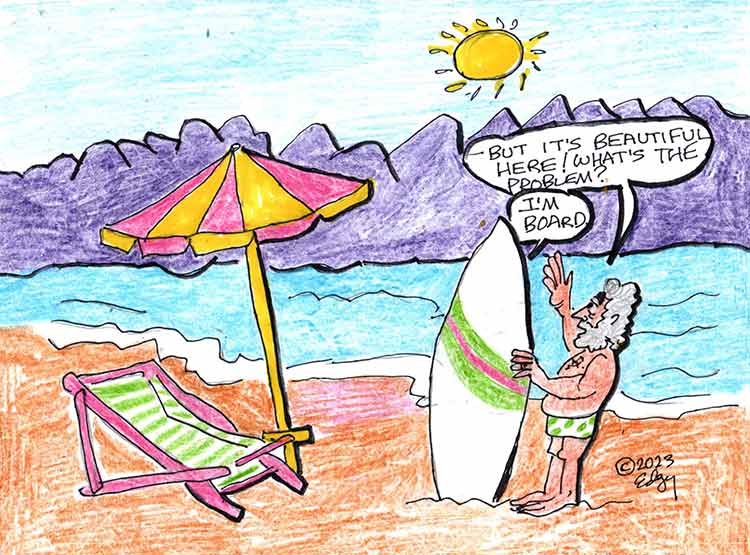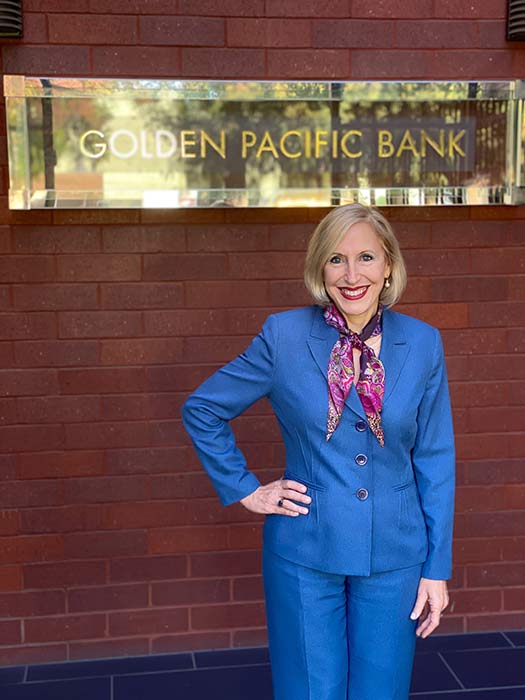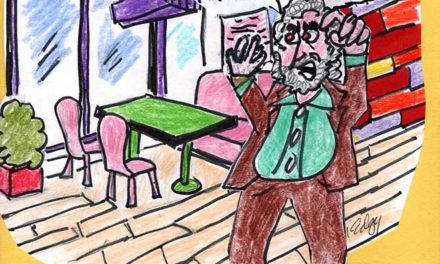Is Summer Boredom Good for Kids (Yawn)?
And is tedium the new medium?
By Ed Goldman
Let Children Get Bored. It’s Good for Them,” advises a headline and subsequent article in the weekly science section of the New York Times.
Just as Orange Is The New Black, and 70 Years Old is The New 50 Years old (a message which my arthritis has yet to receive), apparently Tedium Is The New Medium.
Surf’s down
The story was published just two weeks ago to ensure it would have relevance in the subsequent days, weeks and months of summer, when kids start their annual whine harvest—and their parental units, in turn, begin counting the days, weeks and minutes to when school resumes or their parole officer feels they’ve suffered enough and invites them back to the comparatively chaos-free ambiance of three meals a day and regular exercise periods in state prison.
The article argues—somewhat drearily, if you must know—that for some reason it’s healthy for kids to feel that in the summer life feels futile, even if they can sleep late and go swimming every day and receive Wi-Fi in their Uggs and TikTok in their underwear.
Boredom “is normal, natural and healthy,” says Erin Westgate, a University of Florida professor. She should know. I mean, she lives in Florida, where boredom is the major import and attrition its most reliable export.
(Note #1 to etymologists: CALIF does not stand for Come And Live In Florida.)
“One way (that) parents can help children, particularly younger ones, learn to manage boredom is to work with them on developing what Dr. Westgate called emotional granularity,” according to the Times article. “For instance, you can help them to distinguish between feeling sad or bored.”
Don’t you find it odd that in an era when gluten consumption is being discouraged, a medical person would advocate for granularity?
“Next time you’re bored, children, make yourselves a nice sandwich of whole-wheat bread, self-basting poultry and a spoonful of Cap’n Crunch. That should take care of your required annual intake of grain products!”
(Note #2 to etymologists: Yes, I know what “granularity” really means. But how many laughs can you get by defining it as “the level of detail considered in a model or decision-making process or represented in an analysis report”?)
I may have had it backwards but when I was a kid, I got bored in school, not on vacation.
Exceptions would be the summers my assigned-reading list included “Beowulf” in its original West Saxon Old English dialect and “Moby Dick” in Cornish. (Incidentally, “Moby Dick” proved easier than “Beowulf” to write an essay about when I returned to school that fall since I saw the movie that summer on TV. But I was soon outed by the teacher when I repeatedly referred to Captain Ahab as Gregory Peck.)
Everything smelled and tasted better in the summer. Like:
– The brimming bowl of Weetabix whole-grain cereal my mom gave me every morning, perhaps figuring that its roughage count would keep me indoors (and out of the path of mischief) for much of the day;
– The discount theater matinees featuring three sixth-generation prints of movies that had come out years before (my faves were “Mr. Hobbs Takes a Vacation,” a 1962 comedy and 1959’s “A Summer Place,” which apparently had something to do with sex. I guessed that, even though it had out-of-focus imagery, but I still had a hard time deciphering the garbled soundtrack, in which the film’ most notable line, “If they had anything to hide, you think they’d do it right under your window?” came out “If they and everything had died, you think they’d launder your wind? Blow!”).
Once we achieve chronologic adulthood, summers stop being boring—unless we spend it on a cruise sponsored by a whole-life insurance company. Something like that could make me go totally granular.
Ed Goldman's column appears almost every Monday, Wednesday and Friday. A former daily columnist for the Sacramento Business Journal, as well as monthly columnist for Sacramento Magazine and Comstock’s Business Magazine, he’s the author of five books, two plays and one musical (so far).
Yes, Virginia
A Weekly Blog by Virginia Varela
President, Golden Pacific Bank, a Division of SoFi Bank, N.A.
photo by Phoebe Verkouw
SoFi: Helping the Homeless Feel Less Hopeless
A recent study asked important questions about those experiencing homelessness in California:
- Who experiences homelessness here?
- What are the common pathways to homelessness?
- What do people experience during homelessness? And
- What are barriers and facilitators of returns to housing?
The California Statewide Study of People Experiencing Homelessness (CASPEH) was conducted by The University of California, San Francisco Benioff Homelessness and Housing Initiative (BHHI). It’s the largest representative study of homelessness in the United States since the mid-1990s—and not only provides a comprehensive look at the causes and consequences of homelessness in California but also recommends policy changes to shape programs in response.
This study was designed to be representative of adults 18 years and older experiencing homelessness in California. It included nearly 3,200 administered questionnaires and 365 in-depth interviews with adults experiencing homelessness in eight regions of the state, representing urban, rural, and suburban areas. Interviews were conducted in English and Spanish, with interpreters for other languages.
What I find especially hopeful about this study is that it offers several policy recommendations, including a top priority to “Increase outreach and service delivery to people experiencing homelessness, including a focus on unsheltered settings.”
One of my favorite problem solvers in this arena is the nonprofit Mercy Pedalers, a Sacramento based organization I believe is one of the most effective outreach programs around—mainly because of its deceptively simple concept: provide service to all in the community.
I’ve chaired the group’s Board of Directors since its start. Since we began, the organization has grown to more than 200 volunteer bicyclists and tricyclists pedaling daily on the streets in Sacramento and other Northern California cities, reaching out in a very direct manner to men and women experiencing homelessness on the streets.
This ministry of basic presence is based on a concept of mercy, and powered by people like you and me, who pedal through the streets of Stockton and Placerville as well as Sacramento connecting with all of our neighbors by asking their names, having human conversations, offering a cup of coffee or some act of care. I’ve felt honored and humbled to be a part of this.
My life changed as I got to know and admire Sister Libby. She says it best: “Through my 20-plus years of working directly with people experiencing homelessness on the streets of Sacramento, I found that being present in the moment, sharing a cup of coffee together, and calling the person by name are the most important gifts one can offer. As a Mercy Pedaler my daily mission is to welcome each person I meet with dignity and respect.”
Finally, I’m proud to work for SoFi Bank, NA, which recently provided a generous $5,000.00 grant to Mercy Pedalers to support their outreach services in Sacramento. It feels good to be part of a corporate organization that values and supports programs that so directly address our social needs to connect and be of service.
sponsored content














